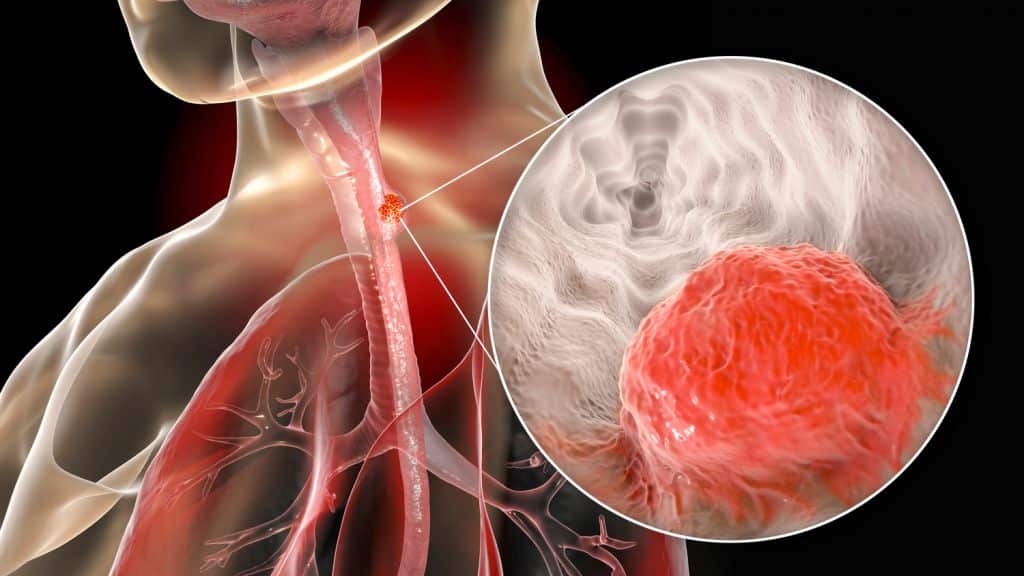Newsletter Signup - Under Article / In Page
"*" indicates required fields
A new drug application for first-line treatment of unresectable, locally advanced, recurrent or metastatic esophageal squamous cell carcinoma (ESCC) has been approved in China.
Biopharmaceutical company Innovent Biologics Inc together with Eli Lilly and Company were jointly granted the approval for the supplemental new drug application for TYVYT, a sintilimab injection, combined with cisplatin plus paclitaxel or cisplatin plus 5-fluorouracil chemotherapy, by China’s National Medical Products Administration.
This is the fifth NMPA-approved indication of TYVYT after it was approved for the treatment of relapsed or refractory classical Hodgkin’s lymphoma in December 2018, the first-line treatment of non-squamous non-small cell lung cancer (NSCLC) in February 2021 and the first-line treatment of squamous NSCLC as well as the first-line treatment of hepatocellular carcinoma in June 2021.
Clinical trial
A global randomized, double-blind, multi-center, phase 3 clinical trial evaluated sintilimab in combination with chemotherapy compared to placebo with chemotherapy as first-line therapy for ESCC and the new approval as based on interim analysis of the trial, named ORIENT-15.
Shen Lin, principal investigator of ORIENT-15 study of Peking University Cancer Hospital and Institute, said: “Esophageal cancer is one of the most common cancers in China ranking fifth in cancer prevalence and the fourth in mortality cases, with squamous cell carcinoma as most predominant histologic type. In the past, median OS was approximately 10 months for chemotherapy as the first line standard of care.
“The approval of sintilimab in combination with chemotherapy as a first-line treatment is exciting news and will provide an effective and affordable treatment option for patients living with ESCC in China.”
Chemotherapy
Analysis conducted by the Independent Data Monitoring Committee showed sintilimab in combination with chemotherapy demonstrated a statistically significant improvement in the primary endpoint of overall survival compared to placebo in combination with chemotherapy.
This was regardless of PD-L1 expression status – a protein that acts as a kind of “brake” to keep the body’s immune responses under control – meeting the pre-defined superior efficacy criteria.
The safety profile was consistent with that observed in previously reported studies of sintilimab without new or unexpected safety signals. The results of ORIENT-15 were published in the British Medical Journal in April.
Cover image: Shutterstock
Oncology R&D trends and breakthrough innovations







